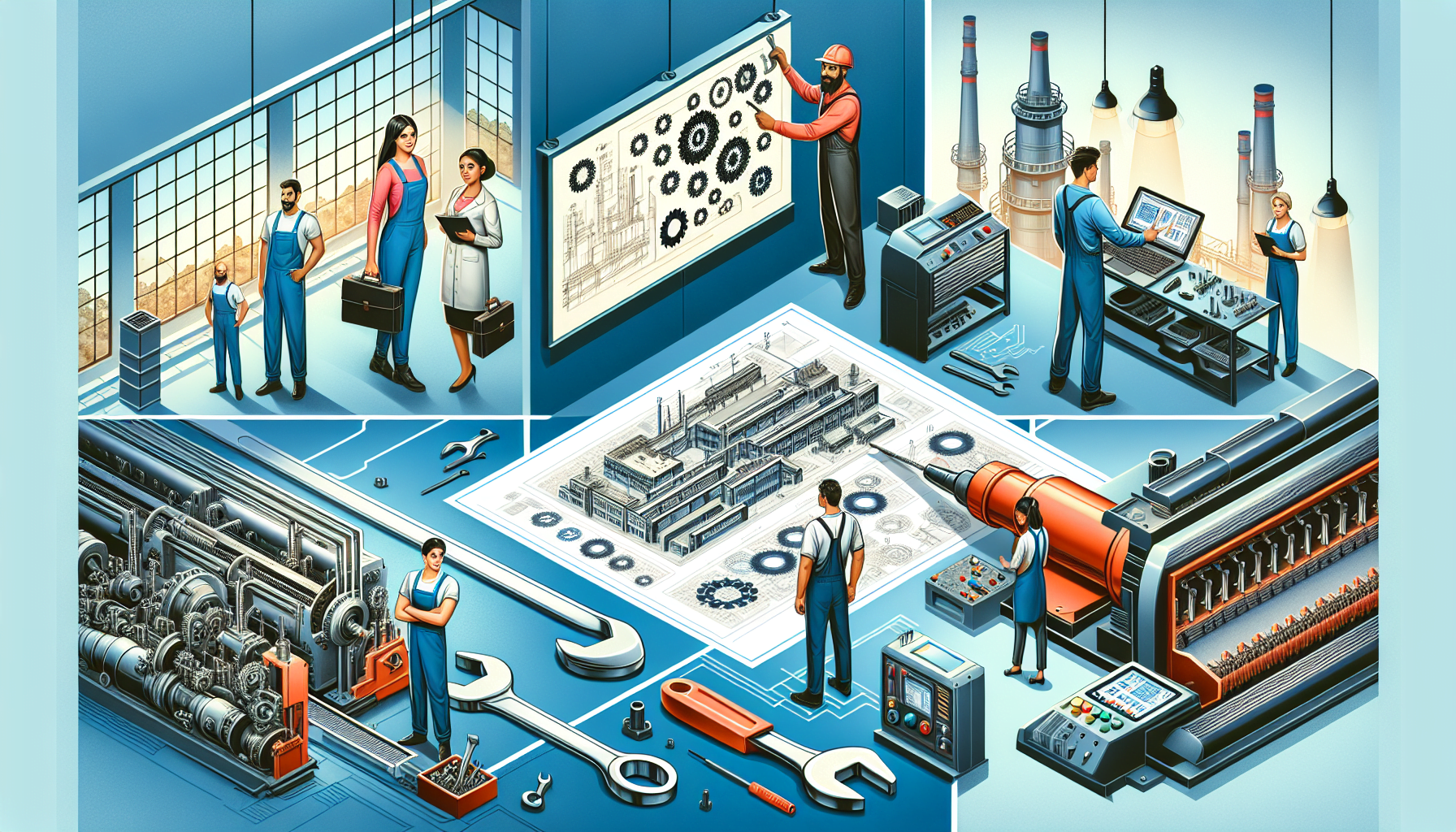Welcome to HCO Innovations, your trusted partner in warehouse optimization solutions. In today’s fast-paced business environment, operational efficiency is crucial for businesses to stay competitive. One key factor that significantly impacts operational efficiency in warehouse operations is maintenance. In this article, we will explore the impact of maintenance on operational efficiency and how it can be optimized to drive productivity and reduce costs.
The Importance of Maintenance in Warehouse Operations
Maintenance plays a critical role in ensuring the smooth functioning of warehouse operations. It involves the regular inspection, repair, and upkeep of equipment, machinery, and infrastructure within the warehouse. Here are a few reasons why maintenance is essential:
- Preventive Maintenance: Regular maintenance helps identify potential issues before they turn into major problems. By conducting routine inspections and addressing minor repairs, businesses can prevent equipment breakdowns and avoid costly downtime.
- Optimal Equipment Performance: Well-maintained equipment operates efficiently, leading to higher productivity and reduced operational delays. Regular maintenance includes activities such as lubrication, calibration, and adjustments, ensuring that equipment functions at its optimal level.
- Employee Safety: Properly maintained equipment and infrastructure contribute to a safe working environment for warehouse staff. Regular inspections help identify safety hazards, preventing accidents and injuries.
- Prolonged Equipment Lifespan: Effective maintenance practices can extend the lifespan of warehouse equipment and machinery. By regularly servicing and repairing equipment, businesses can maximize their return on investment and reduce the need for costly replacements.
Optimizing Maintenance Practices for Operational Efficiency
To ensure that maintenance activities contribute to operational efficiency, businesses can adopt the following best practices:
- Implement a Preventive Maintenance Program: Develop a comprehensive maintenance schedule, including regular inspections, cleaning, and servicing. This proactive approach helps identify and address issues before they cause equipment failure or disrupt operations.
- Utilize Technology for Maintenance Management: Modern maintenance management solutions can streamline processes such as work order tracking, asset management, and preventive maintenance scheduling. Implementing a computerized maintenance management system (CMMS) can help businesses effectively manage their maintenance tasks and optimize resource allocation.
- Train and Educate Staff: Properly trained personnel can contribute to effective maintenance practices. Invest in training programs to ensure that employees understand the importance of maintenance, know how to identify potential issues, and can perform routine maintenance tasks.
- Partner with a Maintenance Service Provider: Outsourcing maintenance activities to a specialized service provider, such as HCO Innovations, can provide access to expert technicians and advanced maintenance techniques. These providers can offer tailored solutions that align with the specific needs of your warehouse operation.
Warehouse optimization solutions provided by HCO Innovations can help businesses enhance their maintenance practices and drive operational efficiency. By leveraging advanced technologies and industry expertise, HCO Innovations can help you optimize maintenance processes, reduce downtime, and ensure your warehouse operations are running at their highest potential.
The Benefits of Optimized Maintenance Practices
Investing in optimized maintenance practices can yield a range of benefits for warehouse operations, including:
- Increased Productivity: Well-maintained equipment operates at optimal performance levels, reducing delays and improving overall productivity. This translates into increased throughput and improved order fulfillment speed.
- Reduced Downtime: Regular inspections and preventive maintenance activities minimize unexpected equipment breakdowns, reducing downtime and the associated costs. Efficient maintenance practices help businesses meet customer demands and maintain a competitive edge.
- Cost Savings: Proactive maintenance helps identify minor issues that can lead to major breakdowns if left unaddressed. By fixing small problems early on, businesses can avoid expensive repairs or replacement, saving significant costs in the long run.
- Improved Safety: Maintained equipment and well-maintained warehouse infrastructure contribute to a safe working environment, reducing the risk of accidents and injuries. This, in turn, enhances employee morale and reduces potential legal liabilities.
- Enhanced Customer Satisfaction: When operational efficiency is improved through optimized maintenance practices, businesses can meet customer demands more effectively. Timely order fulfillment, accurate inventory management, and reduced errors contribute to higher customer satisfaction levels.
It’s clear that maintenance plays a vital role in maximizing operational efficiency within warehouse operations. By implementing preventive maintenance programs, adopting technological solutions, investing in staff training, and partnering with maintenance service providers like HCO Innovations, businesses can unlock significant benefits and stay ahead in today’s competitive market.

